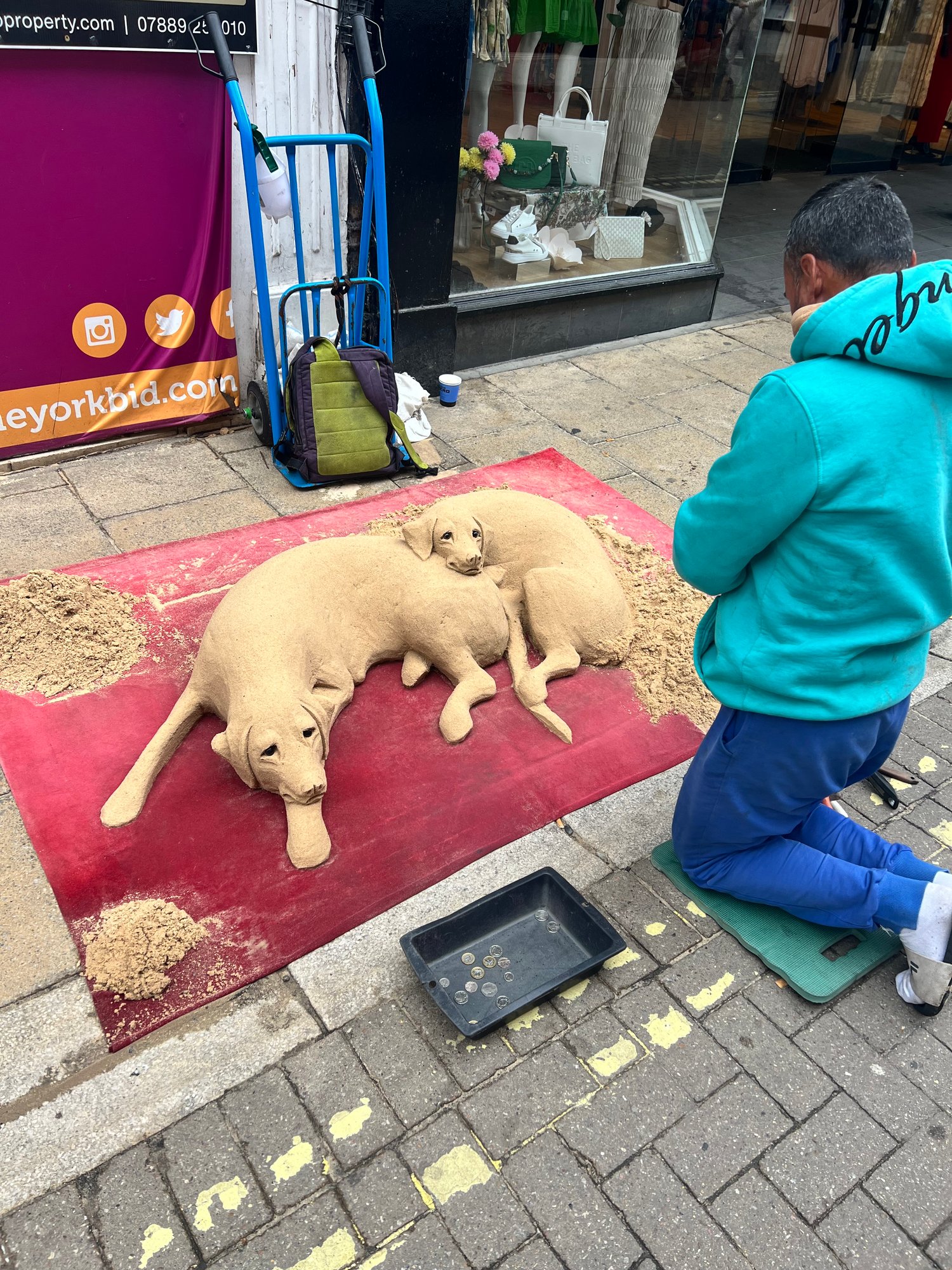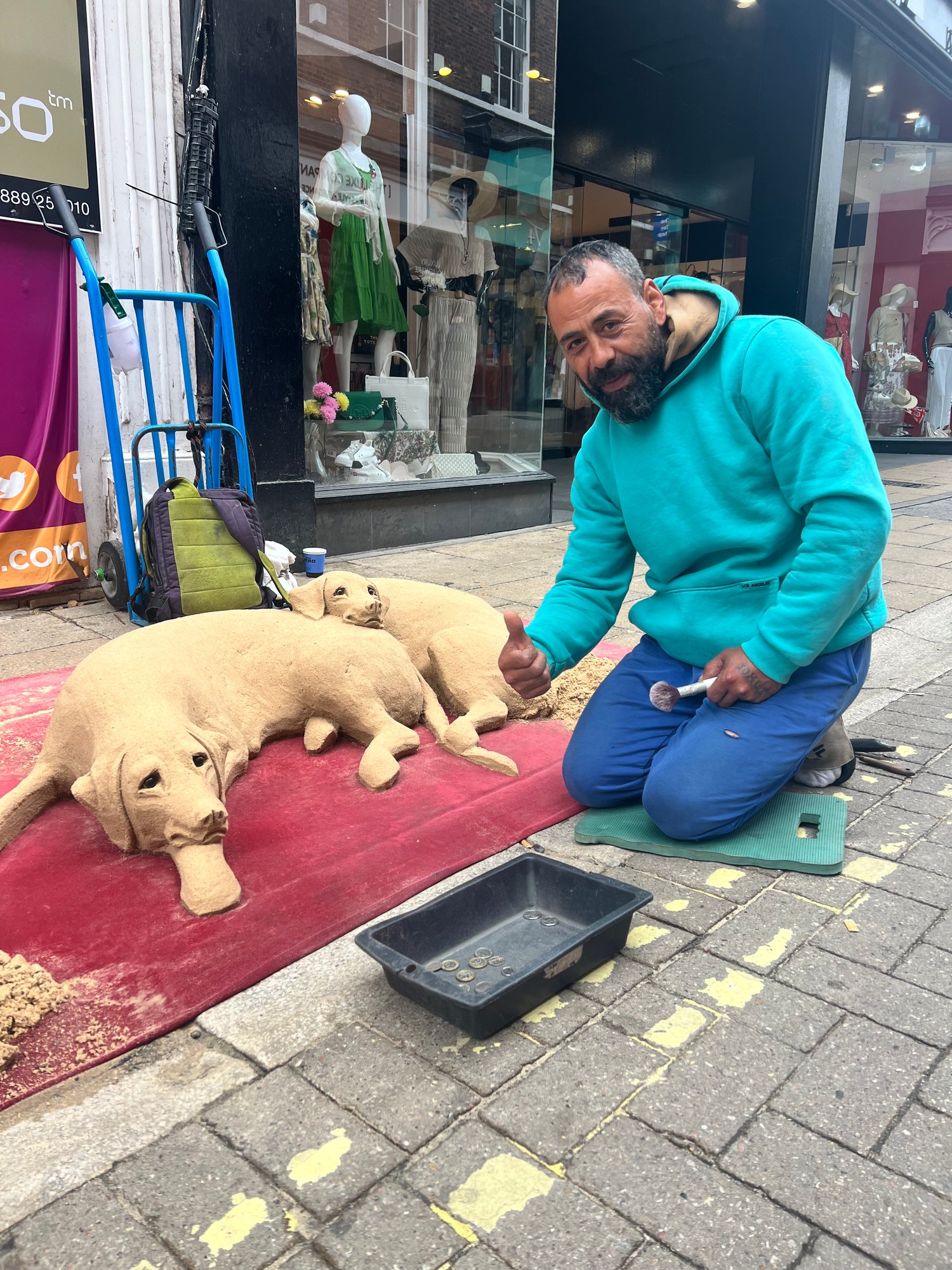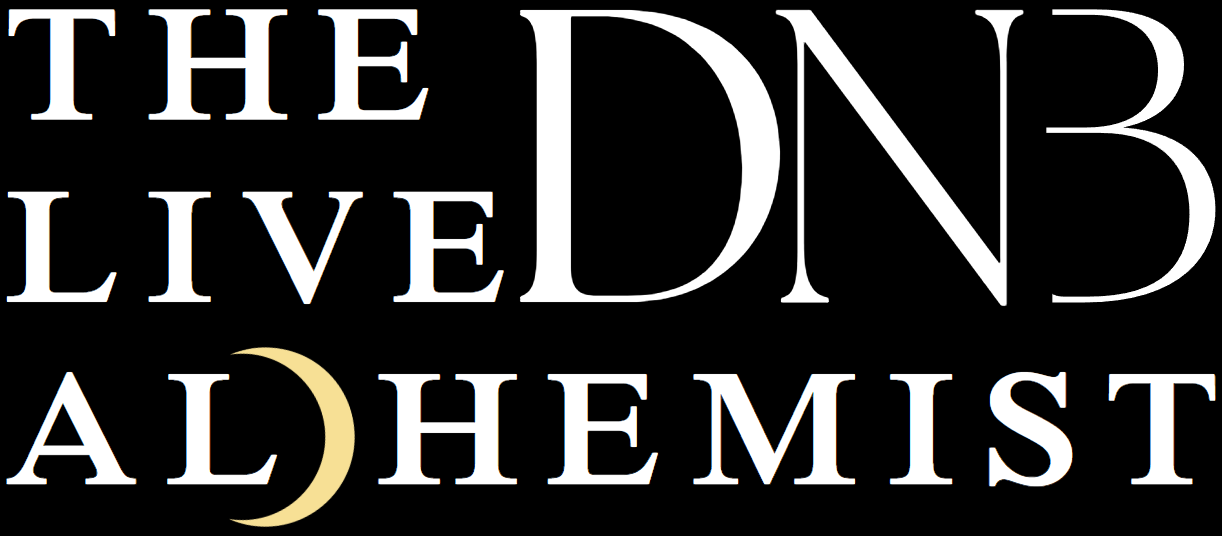Walking through the streets, I saw a man, standing still like I had been—watching, waiting. The pull. The signal. The thing I didn’t dare ignore.
I approached.
He asked me for the time.
I told him.
Then I asked for his name, his language "Mahahi" & "Italian," he replied.
I only know 2 words in Italian. "Amico Stretto"—close friend. (Like a brother) Something I had learned while reading a post on someone’s video diary.
An "Amica Stretta," you might say, if you were speaking of a close female friend.
We exchanged words through a translator app, and I learned that Mahahi had been waiting for his brother. He hadn’t eaten all day and had no way to contact him. I pressed on.
Then, I crossed paths with Bradley. He was hollering across the street, asking for spare change. Not a rare request, but something about it felt different. I crossed over to him and asked if he was alright. He was in need of 20 pounds for a bed and breakfast. I gave him the 20, but then came the ask for 10 more. With that, he could secure two nights.
I gave him the 10.
“Get yourself to that bed and breakfast,” I said, feeling the weight of the moment.
But 20 minutes later, I found myself walking down a dark street. A man stood ahead of me and asked for spare change. It was Bradley again. His face was full of shock as he muttered, "I'm on my way to the bed and breakfast."
Relieved, I told him, “I’ll make sure you get there safely.”
But Bradley insisted, “No, I’m going to my mother’s house.” He said this as we walked aimlessly through the night, him power-walking fast.
I jokingly said, “I haven’t had a run in a while. I used to do 2-3 miles a day. Let’s pick up the pace!”
He stopped. “I’m going alone,” he said, still with urgency in his step. I countered, “I’ll go with you. Your mother hasn’t met me yet. She will tonight.”
Finally, Bradley told me his name, shook my hand, and told me goodbye.
As I watched him disappear into the night, I was left reflecting.
An hour later, there he was again, sitting with only a backpack and a sacktruck.
“Where’s your brother?” I asked.
“He’s late. I haven’t eaten all day,” he said. I could see the exhaustion in his eyes. “What do you want from me?”
“I want to buy you a meal,” I said, “You look hungry.”
I gave him all the money I had left—three bills: 10 pounds, 10 pounds, 5 pounds.
He took my hand, pulled it to his forehead, and thanked me. I asked for a picture, and then continued my walk.
This morning, I walked through Piccadilly and saw a beautiful sand sculpture. And there he was—Mahahi, working under a hoodie, making art with his hands.

I stood there, smiling, thinking about how far he had come.
He told me he had slept on cardboard last night, but I saw that now with his artwork, he was earning coin.
I said, “You didn’t tell me you were an artist. With skills like that, you’ll soon be sleeping like a king. I don’t have any more money. I spent it all last night helping a dear friend.”
In Italian:
"Non mi avevi detto che eri un artista. Con delle capacità del genere, presto dormirai come un re. Di sicuro. Non ho più soldi. Li ho spesi tutti la notte scorsa per aiutare un caro amico."

The Language of Helping
The language of helping speaks volumes in these two encounters.
Bradley asked for coin and continued to ask for more even after he had received what he initially asked for. His need seemed endless, and despite receiving help, he still sought more.
Then there was Mahahi, who asked for nothing. He was waiting patiently for his brother.
He didn’t demand more from the world. Instead, he chose to create something beautiful with what he had—sand. I make glass, he makes art. Beautiful all the same.
Through his quiet patience and dedication, he turned nothing into something.
Bradley asked for coin; Mahahi asked for nothing but gave the world art. Bradley needed more, but Mahahi found richness in simplicity.
In the end, the difference is clear: one sought more, while the other gave what he could, with quiet strength and artistry.
Perhaps that’s the real currency in life, how we choose to engage with what we are given.
Help people who help themselves.


